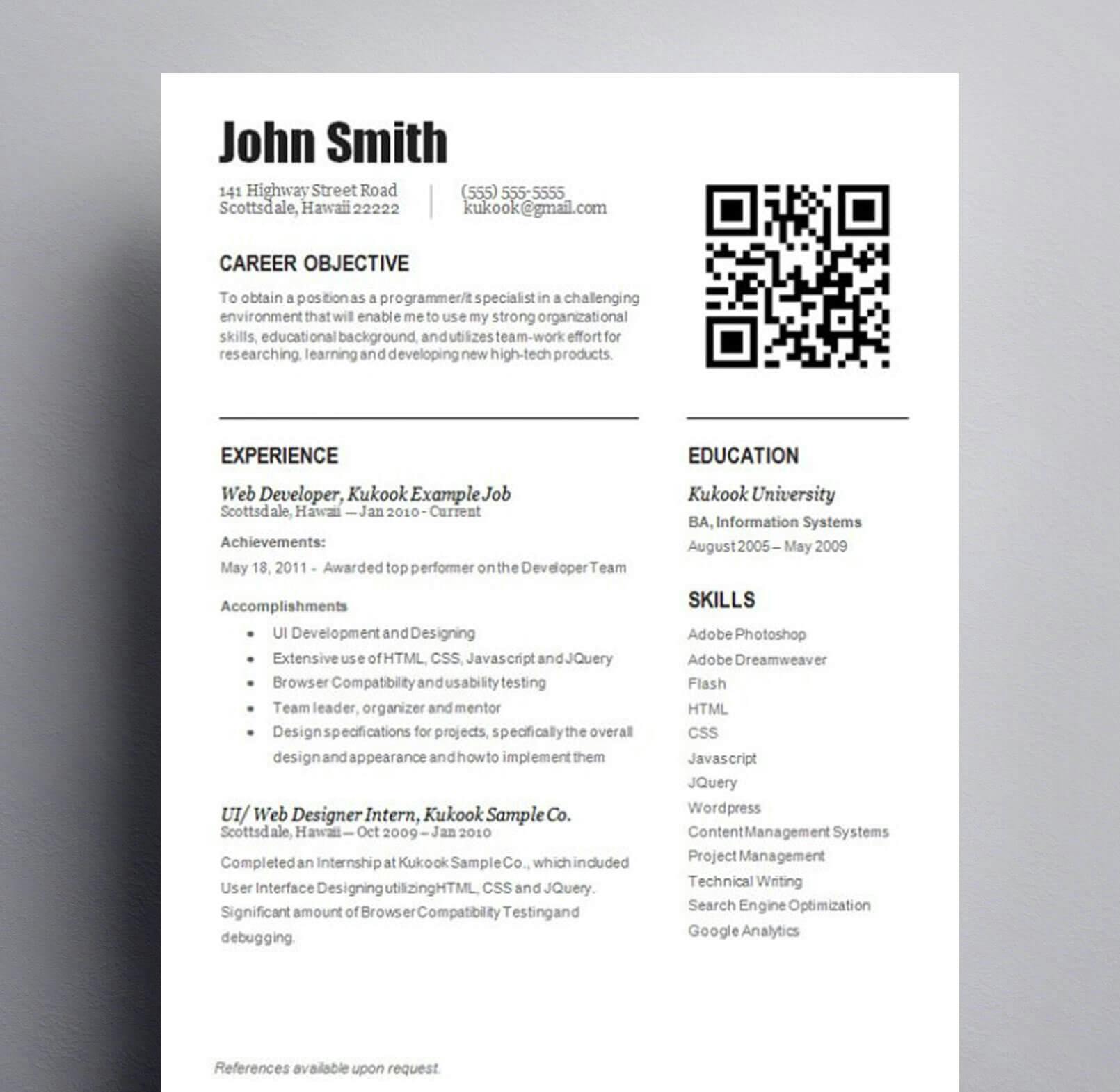Among the things that I have been guilty of in the past, the most prominent one is spending more than the estimated time doing things lower in priority. I'm sure you would agree too! Do you not remember scrolling Instagram for 1 hour (or was it 4). What always amazed me was how people utilized the same 86400s in doing so many different things, whereas I struggled just doing one right. So here is how things started shaping differently when Economics and I befriended each other.

The core principles in Economics have shaped my decisions, helped me create my personalized hack to productivity, and, hope it helps you.
Let's consider the scenario you are planning to build your website and create a brand for yourself, as an example throughout the article.
Cost-Benefit Principle: This principle states that you act if the benefits of doing that action exceed the costs. Assuming this is a side project that you are pursuing yourself, let us list down your costs when it comes to building your website:
- The monetary costs include buying the domain, setting up your infrastructure on the cloud.
- It also includes the time you will be spending on making the website. The benefits of making the website could include:
The benefits of making the website could include:
- An added project to your resume. Some recruiters also love to see the work that you have done. So you could provide a link to your website in the soft copy. You could also add a QR code as shown pointing to your website, and well, you have left an impression there!
- Another benefit could be the amount of happiness that doing the project and reaching the project milestone would give you. Now the costs and benefits must be in the same units to compare them right. So consider it this way, what worth would the benefits be to me. How many hours of effort am I willing to put in to reach my milestone? Or, how many hours of my effort is the milestone worth? If you have done many web development projects, you would probably say 5-6hours of work is the maximum I want to put. But if you are starting, you would probably want to spend around 2-3days. And voila! You are ready to get started with your website-building journey. But wait what if, you start the project and realize midway that your original estimates were incorrect, and now the cost would be shooting up. Take a pause here, think about the benefit the end product would give you. Does that make you happy? Does spending more time on the project look rationale? Do the benefits outweigh the costs? Time and resources are scarce, and you need to make a rational choice. If yes, continue pursuing your goal. But if no, well, you, my friend, need to stop! Spending time doing a thing that wouldn't yield a lot of benefit for you isn't worthwhile. You might argue, what about the time and effort that I spend earlier, that is going to waste. Bygones are bygones, and you need to ignore sunk costs. You cannot get the time and effort back whatsoever to trade it with a better task, but not spending the time you have doing things that have much lower benefit can be controlled.
Now the costs and benefits must be in the same units to compare them right. So consider it this way, what worth would the benefits be to me. How many hours of effort am I willing to put in to reach my milestone? Or, how many hours of my effort is the milestone worth? If you have done many web development projects, you would probably say 5-6hours of work is the maximum I want to put. But if you are starting, you would probably want to spend around 2-3days. And voila! You are ready to get started with your website-building journey. But wait what if, you start the project and realize midway that your original estimates were incorrect, and now the cost would be shooting up. Take a pause here, think about the benefit the end product would give you. Does that make you happy? Does spending more time on the project look rationale? Do the benefits outweigh the costs? Time and resources are scarce, and you need to make a rational choice. If yes, continue pursuing your goal. But if no, well, you, my friend, need to stop! Spending time doing a thing that wouldn't yield a lot of benefit for you isn't worthwhile. You might argue, what about the time and effort that I spend earlier, that is going to waste. Bygones are bygones, and you need to ignore sunk costs. You cannot get the time and effort back whatsoever to trade it with a better task, but not spending the time you have doing things that have much lower benefit can be controlled. Opportunity Cost Principle: It talks about the cost of the thing you are ready to give up because you want to do something else. Let me break it down, consider you have decided that it will take you 18hours to make the website. What you could have done in those 18hours could be read a book, learn a new mini-course, or even watch a movie with your friends and family. So your costs comprise the actual costs and the opportunity cost of the thing you are ready to give up for reaching your end goal. Does the goal still seem worthy? Do the benefits still outweigh the costs? If yes, you are on the right track, but if no, it's time to take a step back and reflect.
Marginal Principle: The marginal principle says that keep doing an action until the marginal benefits exceed the marginal costs. To simplify, consider you weighed your costs and benefits and finally decided to make the website. But midway, you realize that your estimates were wrong. You don't want to give up on your milestone, and now is the time to ask how many hours more are you willing to spend on building the website? But how many questions are tricky, aren't they? So instead, ask the question - are you willing an extra hour's worth of effort on the website? Do the benefits of spending an extra hour exceed the costs? And repeat until the marginal costs of spending an extra hour on building the website exceed the marginal benefits!
So to summarize :
long GetCostOfNextBestAlternative(){
long costOfThingThatYouAreReadyToGiveUp, costOfPursuingTheChoice;
return costOfThingThatYouAreReadyToGiveUp + costOfPursuingTheChoice;
}
long GetCosts(){
long costs, benefits;
long timeSpent, costOfNextBestAlternative, monetaryCosts, sunkCosts;
costOfNextBestAlternative = GetCostOfNextBestAlternative();
// sunk costs are the costs that you have spent and cannot get back!
costs = timeSpent + costOfNextBestAlternative
+ monetaryCosts - sunkCosts;
return costs <= benfits;
}
long GetBenfits(){
long valueEarned, valueOfSkillAcquired;
// The value earned could be in terms of happiness
// or the value it adds to your overall profile
benefits = valueEarned + valueOfSkillAcquired;
return benefits;
}
long HowManyTimesMustIPerformAnAction(){
long marginalCosts = 0, marginalBenefits = 0;
long noOfTimes = 0;
do {
cout<<"Should I repeat the action 1 more time?"<<endl;
marginalCosts = GetCosts();
marginalBenefits = GetBenfits();
} while(marginalBenefits >= marginalCosts, noOfTimes++;);
return noOfTimes;
}
Now take charge of your own main program and variables! Your custom tailor-made productivity hack is ready!
References : Thinking like an economist

